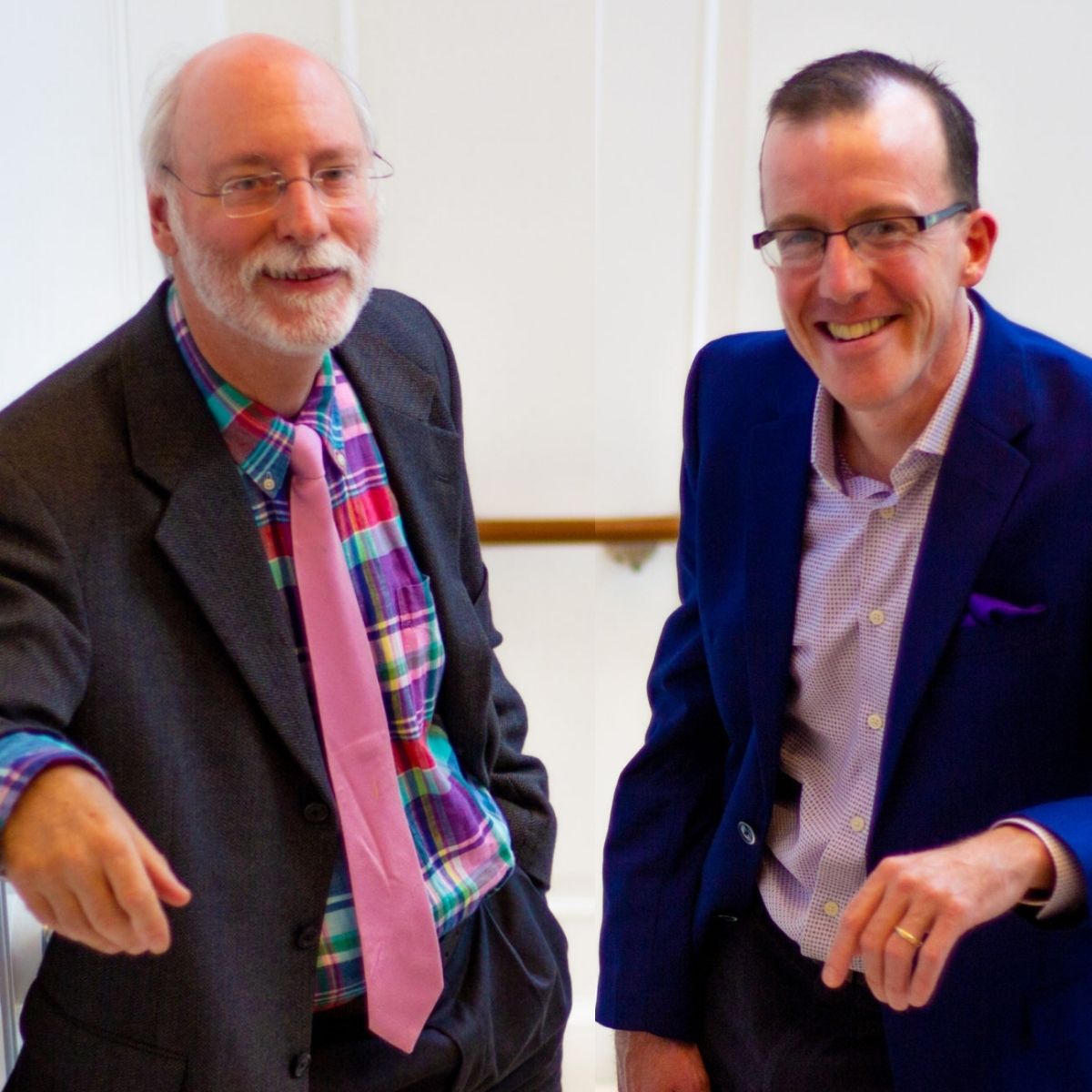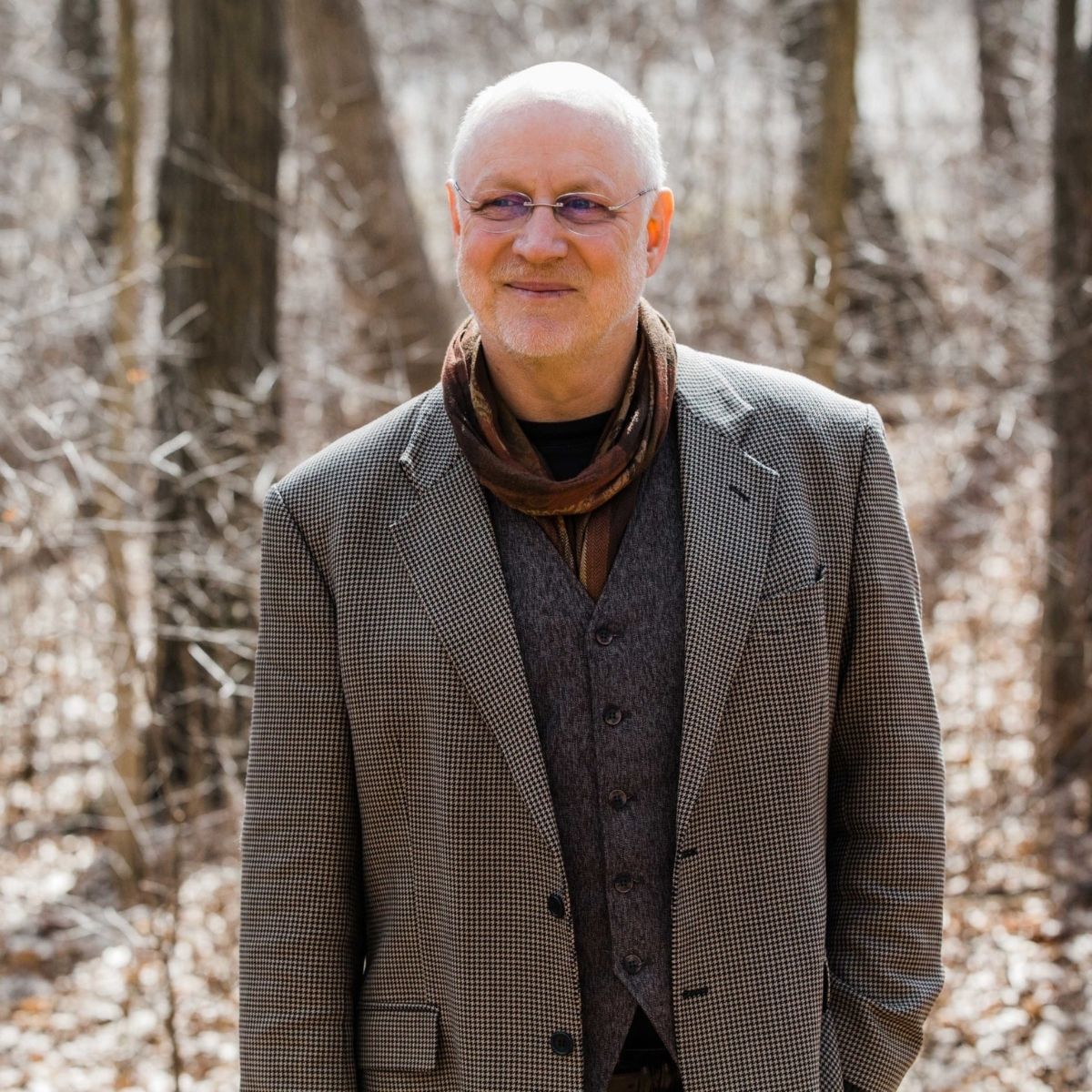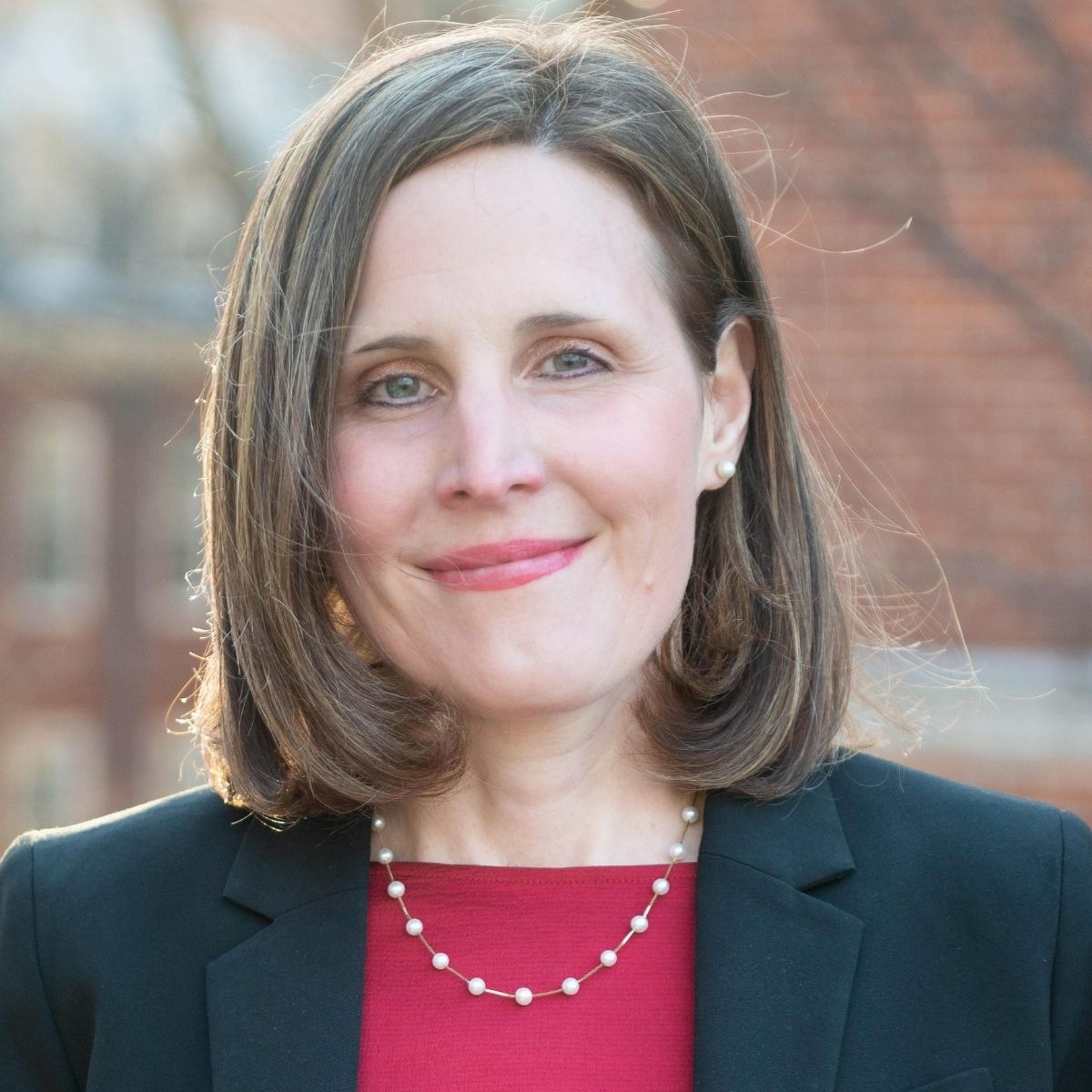
Listen in iTunes | Listen in Stitcher | Listen in Spotify
This is episode 30 and today I’m here with Elizabeth Willard Thames talking about intentional spending.
Elizabeth Willard Thames, better known as Mrs. Frugalwoods, is the creator of the award-winning personal finance blog, Frugalwoods.com. In 2016, at age 32, she reached financial independence and left a successful career in Boston to create a more meaningful, purpose-driven life on a 66-acre homestead in the woods of Vermont with her husband and their two young daughters. Thames is the author of Meet The Frugalwoods: Achieving Financial Independence Through Simple Living (HarperCollins; March 2018). Thames has been featured on The Today Show, PBS, NPR, in the New York Times, Forbes, Parents Magazine, and more. Prior to following her calling as a writer and homesteader, she worked for ten years in the non-profit sector as a fundraiser and communications manager. Thames received a BA from the University of Kansas and an MA from American University. You can follow her on Instagram, Twitter, and Facebook.
Adventure of the Week
I share our adventure at the Life is Good Unschooling Conference.
Highlights
Definition: We take back the word frugal.
Lifestyle: We talk about how you can use intentional spending as a value and tool to help close the gap between where you are and where you want to be.
Success: We share how we have redefined success for ourselves and our families.
Relationships: We discuss how intentional spending has affected our relationships.
Parenting: We go over how this frugal approach to life plays out in our parenting.
Community: We cover how intentional spending builds community and community supports intentional spending.
Environmentalism: We talk about how being an intentional spender can lead to a more impactful environmentalism.
Transition: We give advice on some good places to start getting more intentional with your spending.
Q & A
We answer the question, “How do we align a value of being frugal with other values like convenience and health, without breaking under decision fatigue and guilt at every choice point?”
Dive Deeper
Disclosure: When I recommend a product that I believe will add value for you, it may contain an affiliate link. When you click the link to make a purchase, I may receive a small commission at no extra cost to you.
Sage Family Podcast 10: Beauty
Support the Show
- Leave a review on iTunes: your kind feedback tells iTunes that this is a show worth sharing.
- Share an episode on social media: be sure to tag me so I can share it (@sage.family on instagram).
- Join the Village: Support the show while enjoying live monthly group coaching and ongoing community discussion and support (think of it like the bonfire on the beach of our virtual village).
What’s Your Money Mojo?
Take the quiz to asses your financial wellness and get clear on your simple next step toward debt freedom, financial independence, and a values-based life.



Wow – I found this episode so helpful, and really enjoyed Elizabeth’s sense of humor! The ideas mentioned speak to me so much, but I feel I am a little “stuck” around food right now. Eating a majority organic, wholefood diet, and putting my dollar power towards the organic industry (as well as growing my own food as much as possible) is really important to me. I buy organic food through bulk-buying groups – which makes it affordable to us – and make most of our food myself – rather than eating out often. This all feels good and speaks to me, but what about my children? We Unschool, and are trying to move from an educational only approach – to a more whole-life one. How do I respect my kids body autonomy and desires around food, whilst still doing the above? Recently, they have got into candy for the first time (they are all under 8 – so still quite young). I don’t really want to sit down with them and say “ok….so you want pops this month…..so what shall we leave off the shopping?….carrots?…..no you don’t want us to buy broccoli? Ok that’s sorted then!” To me broccoli is much more important than candy, but I know that most of the RU community advise against painting foods as “good” or “bad”. If I say that we have enough money to get one bag of candy this month – then it makes the item a limited commodity, and then [as lot’s of RU would argue] more appealing than if the item was available in an unlimited amount, and therefore the appeal would probably wear off somewhat after a time. But i don’t have the money to buy an unlimited amount of whatever food/snack is appealing to my children each month….if I am trying to spend intentionally (and even if I wasn’t because our income is low regardless). I think my question is actually a lot further reaching than just budget/intentional spending – so please do a podcast on the subject of food sometime Rachel! Thanks so much for providing one of my favorite podcasts – and continuing to stretch my mind on a regular basis 🙂
I’m actually working on a podcast episode all about food right now. Stay tuned!
Yay! I really look forward to listening!